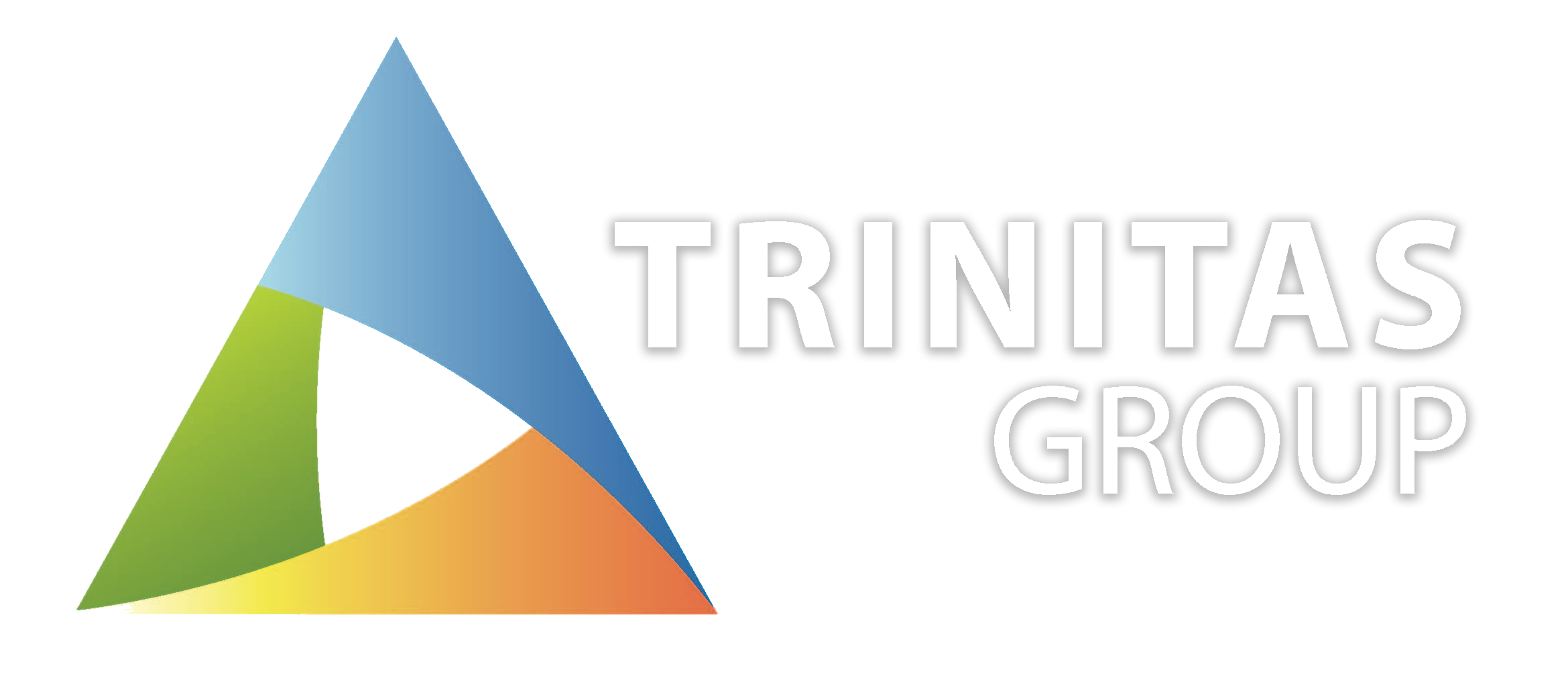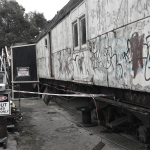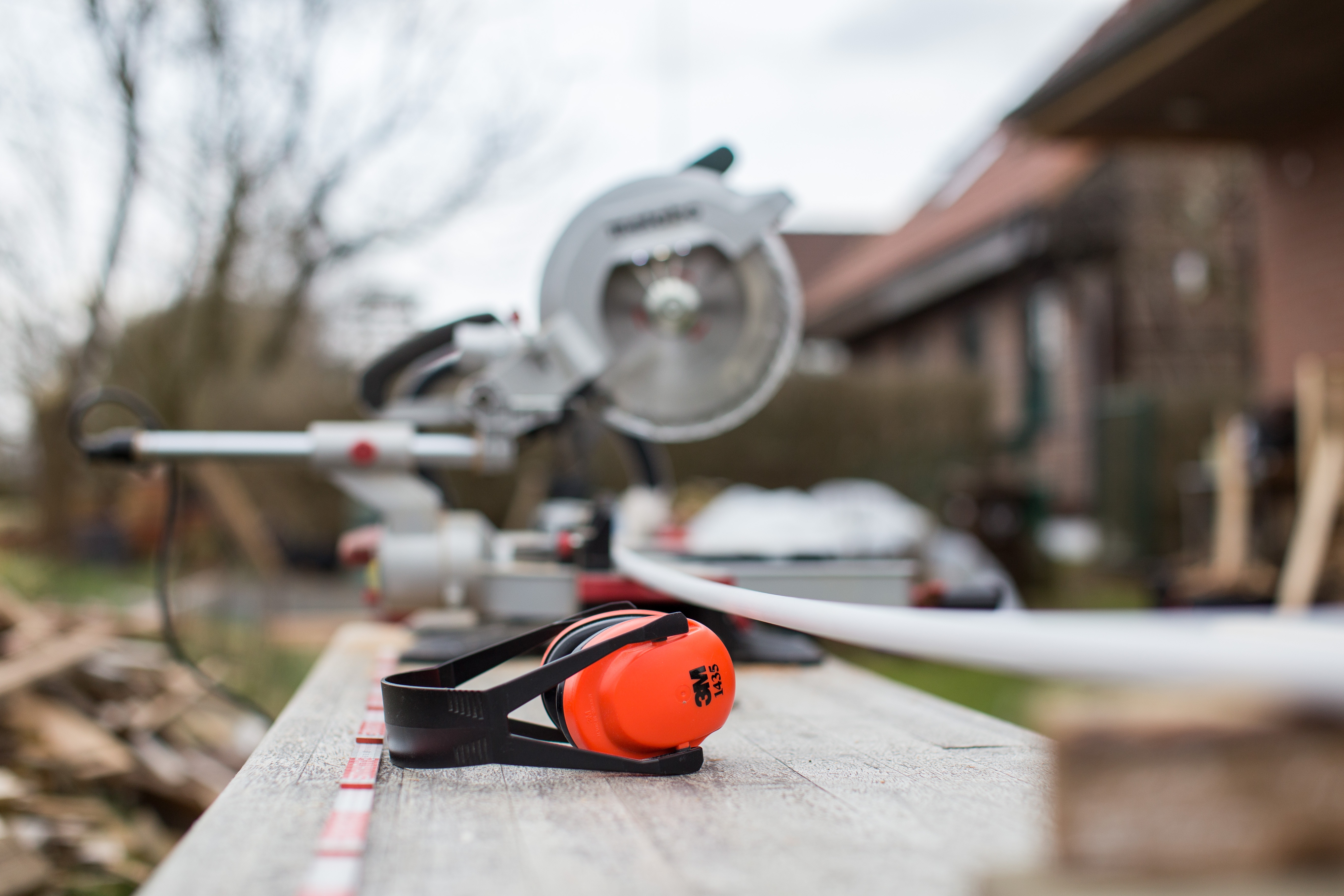A PCBU had a WHS duty to instruct a second, larger company to alter its workplace layout before sending its workers there, a judge has found in convicting the PCBU.
Phong Warehouse and Distributor Pty Ltd had “joint control” of Williams Pressing and Packaging Services Pty Ltd’s warehouse, despite the latter being responsible for the site’s design and owning all the forklifts there, NSW District Court Judge Wendy Strathdee
In July 2016, about six Phong workers were picking stock at Williams’ Padstow warehouse when a Williams worker reversed a forklift over a Phong worker’s feet, causing serious toe fractures requiring surgery and three days in hospital.
SafeWork NSW charged Phong with breaching sections 19(1) and 32 of the State WHS Act in failing to ensure, so far as was reasonably practicable, the health and safety of its workers at the Williams site, which had contracted Phong to pick stock.
Judge Strathdee fined Phong $30,000 after a 25 per cent discount, plus $18,000 in prosecutor’s costs.
She said she would have imposed a harsher penalty if it wasn’t for the PCBU’s guilty plea, other mitigating factors and its shaky financial position.
The Judge found that at the time of the incident, Phong and Williams had an informal, undocumented process requiring workers to evacuate warehouse aisles and stand in a safe area when forklifts entered the aisles.
However, the injured worker, who was in her second day at the site, failed to leave her aisle when a forklift entered to lower stock to the floor, and was unable to move out of the way of the vehicle when it reversed towards her, she heard.
The worker’s inexperience was an aggravating factor, in that it created “a suspicion that she had been provided with either no training or no effective training” at that time, she found.
Judge Strathdee found Phong failed to conduct a risk assessment to identify the reasonably foreseeable risks of working near mobile forklifts, develop a traffic management plan or train workers in such a plan.
It should have installed movable physical barricades that were placed at the entrance of aisles when forklifts entered them, updated or marked new pedestrian walkways on the floor, installed safety mirrors at corners and provided proper supervision, she found.
Phong should have ensured that Williams “also did all of the above measures with regard to all workers in the warehouse”, Judge Strathdee said.
“Whilst Williams owned the forklifts and was responsible for the layout of the warehouse, [Phong’s] obligations to the workers cannot be delegated to Williams. [Phong] and Williams had joint control of the warehouse and the workers,” she said.
“The risk of serious injury was clearly foreseeable, particularly in circumstances where people and forklifts are working in common areas. Whilst the actual injury to [the worker] was serious, the risk of a more serious injury or death was real.”
A SafeWork spokesperson told OHS Alert that Williams had also been charged with breaching sections 19(1) and 32 of the Act in failing to ensure, so far as was reasonably practicable, the health and safety of workers. The company has not yet entered a plea.




